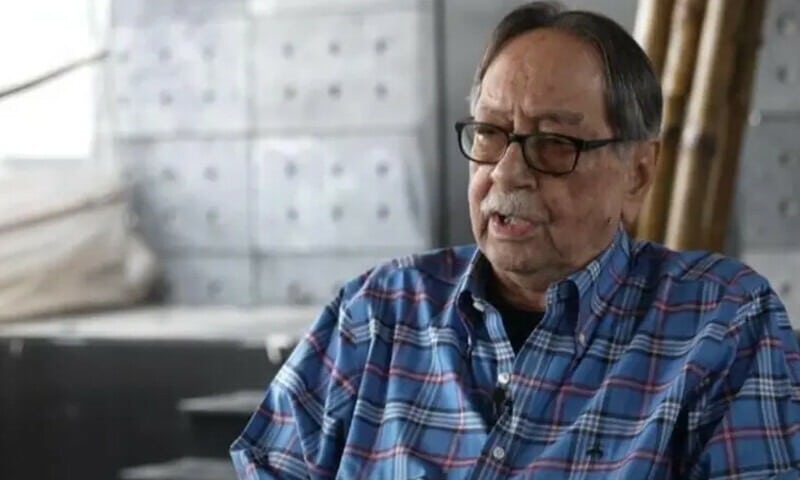Amarjit Singh Dulat, the former head of India’s external intelligence agency RAW (Research and Analysis Wing), has termed the recent Pahalgam attack a clear failure of Indian security agencies and downplayed the possibility of an all-out war with Pakistan, despite inflammatory rhetoric from the Indian leadership.
In an interview with the BBC, Dulat emphasized that while limited military responses like surgical strikes may be considered, talk of full-scale war—especially between nuclear-armed nations—is nothing more than psychological pressure tactics.
“War is the last and worst option,” said Dulat, adding, “Everyone is talking like war is imminent, but dialogue remains the only real way forward.”
On Modi’s Hardline Posture
His comments come in the wake of Indian Prime Minister Narendra Modi’s strong reaction to the Pahalgam attack, in which 26 tourists were killed. Modi vowed to hunt down and severely punish the perpetrators “no matter where they are,” giving India’s armed forces full authority to respond at a time and method of their choosing.
Pakistan, in turn, has warned of a firm and immediate response to any Indian military action, reiterating its commitment to peace but asserting that its sovereignty will be defended at all costs.
Security Failure Acknowledged
Responding to a direct question, Dulat admitted that the Pahalgam incident represented a serious lapse in security and intelligence, particularly considering the lack of police or military presence in a popular tourist area.
“There was no effective security on site,” he said. “This is a failure of both intelligence and preparedness.”
He also highlighted the need to rebuild trust with local Kashmiris, noting that much of India’s intelligence in the region comes from within the community.
On Alleged Pakistani Involvement
While stating that the attack likely couldn’t have occurred without “some level” of support from across the border—given past precedents—Dulat stressed that hard evidence must be presented to the international community to bolster India’s claims, rather than relying on media narratives.
He noted that The Resistance Front, initially reported to have claimed responsibility, later denied involvement, leaving the question of culpability open and further complicating India’s position.
Dialogue and Mediation
The former intelligence chief urged the use of backchannel diplomacy and welcomed the idea of third-party mediation by countries like Saudi Arabia, Iran, or the UAE, should direct India-Pakistan dialogue prove unfeasible.
“Talks never truly end,” he said. “If not directly, then through trusted intermediaries.”
He also referenced comments made by former U.S. President Donald Trump, who stated that India and Pakistan should resolve their differences bilaterally.
Rejecting Communal Framing
When asked about reports that attackers targeted people based on religious identity, Dulat urged the Indian government to make it clear that this is not a Hindu-Muslim issue.
“Hindus and Muslims live together in India. That’s the message we need to send the world,” he asserted.
He also condemned incidents of violence against Kashmiris in other parts of India following the attack, warning that such actions could further alienate the population and worsen the situation in the region.





